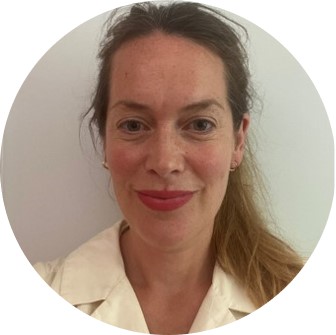a-connect: Can you tell us about the first project you did with a-connect and what your role was?
David Brawner: Hanne called me around the time she and Nils were starting a-connect and developing the business. She said she had been approached by a former client of hers who met someone from Eastern Europe needing help. The future client turned out to be a representative of an oligarch in Eastern Europe [Poland] who wanted to start a low-cost airline. They wanted help in developing a business case but, as they were mainly in the railway business, they did not really know how to do this. I had done this kind of work before, so I was quite happy to help out. It turned into a project that lasted several months, which led to the building of the airline’s management team and business plan, as well as traveling to Los Angeles to negotiate several aircraft leases.
The highlight was presenting the business case to the oligarch, who immediately approved it. He also gave some free words of advice and anecdotes on how to do business in the “Wild East”. Fortunately, I have not needed to put them to use so far!
ac: As one of our most longstanding IPs, what advice would you give to our new IPs who have just started out?
DB: When in doubt about anything, ask your a-connect partner for advice and help. You will get support for all kinds of client situations.
ac: How do you feel a-connect and the world of independent working has changed 15 years on?
DB: Before a-connect, most clients only considered established consulting firms for their projects. The advent of the internet in businesses around 15–20 years ago and the ability to work remotely was one enabler of the new a-connect model. The a-connect office could establish a network of consultants all over the world. Google search and independent visual aids providers have largely replaced the research libraries and visual aid pools of the large consulting firms. An IP can provide a lot more on his or her own now than was ever possible 15 years ago. Many clients will now consider using IPs for targeted projects, instead of using internal resources who may have less experience or calling on a large consulting firm as they used to. The new consulting model gives clients more options, and consultants the option to become an IP.
ac: If you weren’t an IP, what would you be doing instead?
DB: I would probably be in management at a technology company. Being an IP provides flexibility, which is very valuable for me personally. The experiences I have obtained as an IP have opened all kinds of doors for me as well.
ac: If you were to start your studies today, what would you study?
DB: I have found doing a hard science degree (Physics) extremely useful with regard to being trained in analytical problem-solving, and it has helped me greatly in business. Looking to the future, there is so much potential in life sciences – that area is also very attractive. Studies like immunology and molecular biology would certainly open up all kinds of exciting business opportunities. If someone is interested in working with technology-related companies, a science or engineering degree is invaluable.
ac: Do you have an anecdote you would like to share about a-connect
DB: One of my most satisfying projects was one of the most difficult. It was a large project involving several IPs with different backgrounds, as well as a diverse client group. Disagreements in approach were raised during the study that were difficult to resolve in the short term. In the end, we sorted things out with the help of Nils and other a-connect staff, and I made some close friends as a result of that intense experience. Several years of follow-on studies were the result, and the client recognized our dedication.




